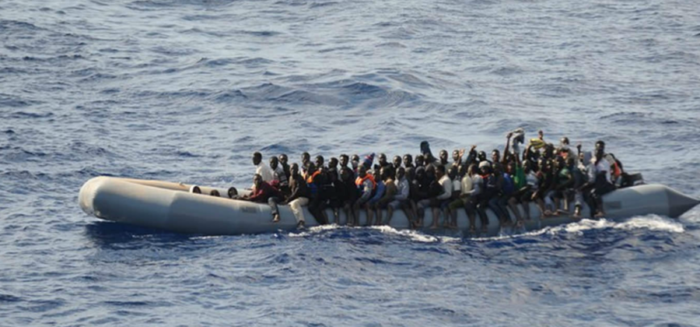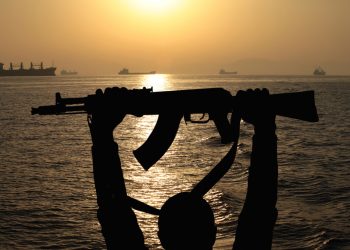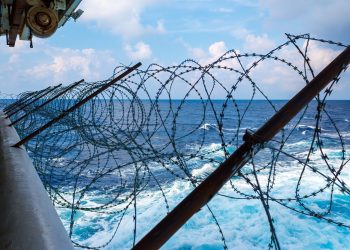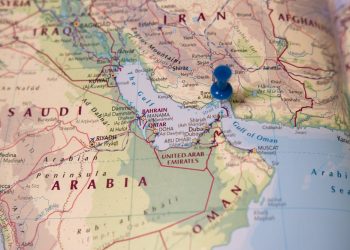Italy has approved 10 new patrol boats and two larger ships for the Libyan coast guard, under the attempt of the Government to control migration. The new vessels will be deployed by the end of August.
As news agency ANSA reported, the ships were approved by the Italian Senate on Monday, August 6, and they will be ready to be used by the end of August.
[smlsubform prepend=”GET THE SAFETY4SEA IN YOUR INBOX!” showname=false emailtxt=”” emailholder=”Enter your email address” showsubmit=true submittxt=”Submit” jsthanks=false thankyou=”Thank you for subscribing to our mailing list”]
However, human rights groups are protesting against Libyan coast guard rescues, saying that it takes migrants back in the country, which the European Union considers not to be a safe haven.
Similar moves was made by the previous government as well, but the new government has done more as it has refused to accept migrants rescued by humanitarian ships in its ports.
In one of the latest developments, an Italian towboat rescued 108 people in the Mediterranean and returned them to Libya. However, the United Nations said that this action may have broken the international law as migrants rescued in international waters cannot be returned to a place where their lives are put in danger.
In addition, following a call by EU leaders at the June European Council, the Commission is expanding on the concept of controlled centres and short-term measures that could be taken to improve the processing of migrants being disembarked in the EU, and giving a first outline of the possible way forward for the establishment of regional disembarkation arrangements with third countries.
The main features of regional disembarkation arrangements are:
- Clear rules for all: To reduce deaths at sea and ensure orderly and predictable disembarkation, all coastal states in the Mediterranean should be encouraged to establish search and rescue zones and Maritime Rescue Coordination Centres (MRCCs);
- Developed by the UNHCR and IOM who will help ensure those disembarked can receive protection if they are in need of it, including through resettlement schemes; or will be returned to their countries of origin if they are not, including through the assisted voluntary return and reintegration programmes run by the IOM;
- Partnerships on an equal footing: work with interested third countries will be brought forward on the basis of existing partnerships and offered support tailored to their specific political, security and socio-economic situation;
- No pull factors: resettlement possibilities will not be available to all disembarked persons in need of international protection and points of reception should be established as far away as possible from points of irregular departure;
- No detention, no camps: Regional disembarkation arrangements mean providing a set of established procedures and rules to ensure safe and orderly disembarkation and post-disembarkation processing in full respect of international law and human rights;
- EU Financial and logistical support: The EU is ready to provide financial and operational support for disembarkation and post-disembarkation activities as well as for border management with equipment, training and other forms of support.

































































